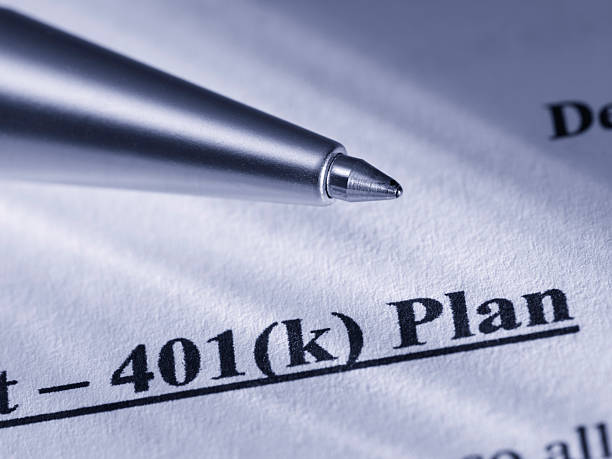About 10,000 Baby Boomers will turn 65 every day until around 2030. That's a lot of retirement parties, but it's also something that should have them thinking about what they're going to do after they leave the office for the last time.
For those Americans who are a part of that group, or just planning ahead for a comfortable retirement, the American Institute of Certified Public Accountants (AICPA) has this advice for securing your financial future.
Fund Your 401(k)
Sign up for your company-sponsored retirement plan and watch as automatic payments deducted from your paycheck add up to a hefty nest egg over the months or years. Try to donate at least as much as required to qualify for the matching donation from your employer, if one exists. That employer match is like an added bonus, and along with your own contributions it will grow over time as it earns dividends and interest. Remember, too, that your contribution is excluded from your taxable income, which helps lower your tax bite.
Create Your Own Account
If your company doesn’t have a 401(k), consider setting up your own tax-advantaged retirement account, such as a traditional or Roth IRA. You can contribute up to $5,500 a year (up to $6,500 if you’re age 50 or older). With a traditional IRA, you can deduct your contribution from your taxable income, but distributions are taxable. For a Roth IRA, your contribution is not tax deductible, but qualified distributions are not taxable.
Don’t Raid Your Nest Egg
This is particularly tempting when you switch jobs and have access to money you may have accumulated in a 401(k) or other company-sponsored retirement vehicle. Your options typically include leaving the money in your old employer’s plan, rolling it into an IRA or into your new employer’s program or receiving a check from the old plan.
There are several good reasons to resist simply asking for that check and spending it. First, your old employer will withhold 20 percent of the money for income taxes, and you may end up owing more in taxes depending on your bracket. If your service with the company ends before you turn 55, you’ll also face a 10 percent early-withdrawal penalty, which means one-third of your money is gone before you even cash the check.
Finally, since the money was never in your budget in the first place, it’s better to leave it in a tax-advantaged retirement account and reap the benefits later on rather than splurging today.
Set Up an Emergency Cash Reserve
People often dip into their retirement or other long-term savings during an unexpected financial setback. To avoid doing so, it’s a good idea to create a special savings account that’s dedicated to emergency spending when you need it. Even a few dollars a month can add up to a substantial amount when your car needs repairs or you face unexpected medical bills. With that money in hand, you can preserve your retirement savings.
Sort Out Social Security Planning
Tapping into Social Security as soon as possible may sound like a great idea, but remember that you won’t qualify for your entire Social Security retirement benefit until you hit full retirement age, which will vary based on the year you were born. If you start receiving payments before that age, they will be less than you would have gotten if you’d waited.
If you postpone retirement until age 70, your benefits will rise even more. Is it better to receive lower payments over a longer period or hold out a few years for higher benefits? That’s a complicated decision that will depend on issues such as your own health, current financial situation and other considerations.
Your Local CPA Can Help
CPAs help clients tackle a wide variety of financial challenges every day, including retirement planning. Turn to your local CPA for advice on all your financial concerns. He or she has the experience you can count on for your important financial decisions.
Thanks for reading CPA Practice Advisor!
Subscribe Already registered? Log In
Need more information? Read the FAQs
Tags: Benefits



